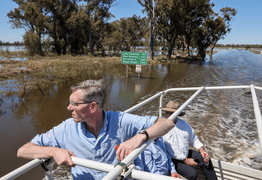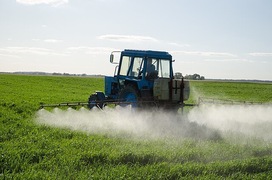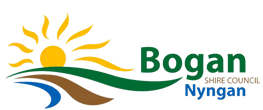Federal and state increase in indigenous engagement on water
Paula Doran
09 December 2024, 6:30 AM
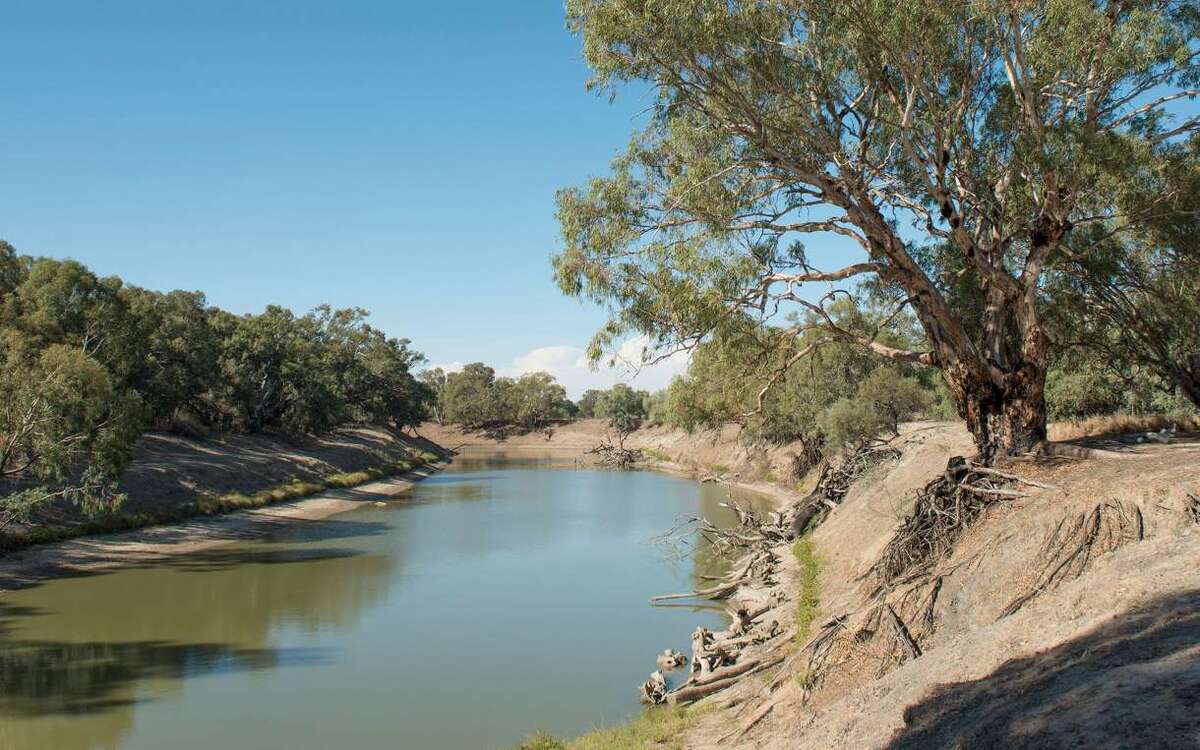
Indigenous representatives from throughout the Murray Darling Basin will gather in Canberra this week to discuss water.
Dubbed ‘The Moving Forward Conversation’, indigenous input from across the Basin will be prime focus of a three-day agenda, when the MDBA opens up engagement on cultural water entitlements into the often-controversial river system.
The gathering starts Tuesday and will run through until Thursday, with representatives from the 18 different indigenous groups, including the Western Plains confirmed as part of the consultation.
This comes as the NSW Government releases its own update on its Draft Water Strategy, which they claim will increase Aboriginal water rights.
Over a three-month consultation period, Department of Climate Change, Energy, Environment and Water (DCCEE) officers held 52 face-to-face workshops, along with three online workshops on the draft strategy, and received more than 40 written submissions.
The final Aboriginal Water Strategy and associated Action Plan is due to be released in 2025 and will be a foundational document that aims to recognise Aboriginal people’s water rights and strengthen their role in water planning and management.
It will allow relevant Government agencies to work more closely with Aboriginal people on water matters in order to improve water knowledge and maintain and preserve cultural sites.
Minister for Water Rose Jackson said “completing consultation on the draft Aboriginal Water Strategy is a fantastic step forward as we build a stronger and more collaborative partnership between the NSW Government and Aboriginal communities in relation to water management.
“This process is vital as we work to make sure that we are managing our waterways in a way that respects and upholds Aboriginal peoples’ water rights, values and cultural obligations to care for Country.
“We know how important it is to have a strategy that recognises the diverse views and interests of Aboriginal peoples in a meaningful and practical way, which is why we engaged directly with as many communities as possible.
“This just the beginning of a stronger partnership with Aboriginal communities, and we will continue to hold ongoing conversations and action planning at the local level to deliver on this commitment.”
Minister for Aboriginal Affairs and Treaty David Harris said he was proud of the recognition on Aboriginal water rights and the strengthened role that engagement had on water planning and management. “This will be another key step in closing the gap for
Aboriginal people which is a top priority of the Minns Labor Government.”
A seat at the table
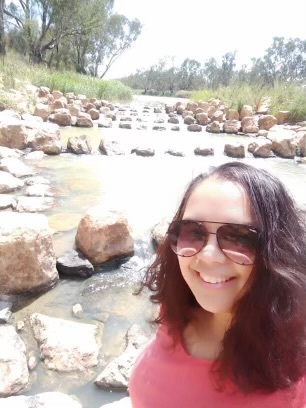
Brewarrina indigenous community leader, Urayne Warraweena will have a seat at the table in Canberra this week, and welcomed what she sees at progress across the board.
“The pressure is on our water managers to engage with the indigenous communities, and for our communities to work with them. We need to work together if we want to look after our rivers,” Ms Warraweena said.
As a representative of the Burranbija Tribe, Ms Warraweena said she has watched the rise and fall of the Barwon River at Brewarrina and knows how important its health is to the community. “We live on these rivers, we drink this water, we fish, our children swim. The health of the river affects all of us.
“It’s time to work together with action, not reaction. Activism is something that was relevant decades ago. We now need to collaborate.
“We need to know what’s going back into the water systems that we drink and its time for our rivers to be allocated cultural water rights. Our water is too precious to be treated like a commodity to be bought and sold.”
Ms Warraweena said she welcomed the increased cultural input as evidenced by the MDBA’s Canberra agenda and the NSW Government’s draft Aboriginal Water Strategy.
“I think the governments have realised they haven’t done the right thing in the past, and they are now trying to change that. It does feel like things are going in the right direction.
“I see this as a positive, as long as there is transparency, and ultimately, outcomes.”
